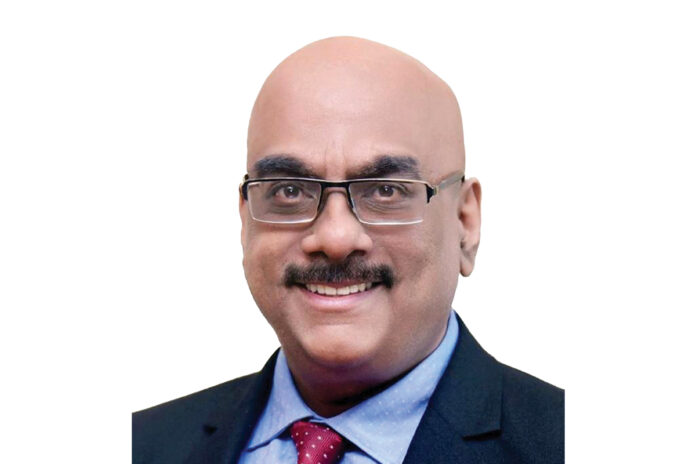We sit down in conversation with Anil Bhatia, VP and MD, Emerson, India, who takes us through Emerson’s journey of resilience and transformation during the COVID-19 pandemic
Can you describe a time when you had to make a tough decision that had a significant impact on your organisation?
The pandemic of COVID-19 was the most challenging time for us, and we had to take many tough decisions during peak covid period that had a significant impact on our organisation, the way we served our customers, employees, and business partners. And this would be a relatable situation for many of the organisations across the globe. There was no higher priority for Emerson than the safety of our employees, customers, business partners, and communities. Globally, we had implemented progressive safeguards for the health and well-being of our employees and for those that they have contact with, according to prescribed best practices and policies from the World Health Organisation (WHO), the Center for Disease Control (CDC), and other agencies.

Emerson’s goods and services support critical infrastructure for industrial, food and medical ecosystems in India and globally, and we stayed committed to extending our full support to them during COVID-19 times. Our manufacturing locations were fully operational as per COVID-19 norms, supporting the critical infrastructure of the country, including production facilities for power, water and wastewater, energy, pharmaceuticals, refining, medical supplies, face mask productions, control and automation for critical infrastructures, ventilator technologies, preparing for the vaccine, and critical diagnostic components. As a special mention, I would like to again express my sincere thanks to the offices of the Central and State Governments for their extraordinary support during those tough times. All our sales and headquarter teams operated virtually to support our customers.
Also, for our site services, we had developed the strongest virtual capabilities in the Automation Industry for our customers to leverage and minimise our and their team’s travels and exposure, like Virtual Factory Acceptance Tests (vFATs), to support our customers.
How did you make that decision, and what were the big learnings from all of this?
At Emerson, the safety of all our employees is more than a priority. It’s one of our core values. Keeping our safety priorities and strictly following the local country COVID norms, we navigated positively through this historic crisis that the world witnessed.

Few of the major learnings from this crisis are as below:
- I believe resilience, agility, and strong communication with our teams and our customers have helped our organisation to respond more effectively to the crisis.
- Hybrid work policy: All our Emerson offices have a remote work policy available in India, except for the manufacturing sites. For all others, our employees can choose to work from home for 2 or 3 days. Monday’s are collaboration day and so all employees are in office on Monday’s and for the rest of 1 or 2 days, they can plan to be in office after consulting with their supervisors.
- Working in virtual environment: Meeting our employees, office colleagues on Microsoft Teams, or Cisco Webex or other virtual platforms is now the new normal. Even for our customers, it has become an easy and cost-efficient way to conduct meetings and avoid unnecessary travel costs if not required.
- While there were many things to be unlearnt, one important lesson also learnt was the importance of meeting face-to-face with customers or our employees. It is impactful and conveys much more deeper insights to the conversation and helps in creating a bond, which to some extent is missing during the virtual meetings.
- There is also now that we have more exposure to virtual environment as compared to pre-COVID, and it has its own pros and cons.


